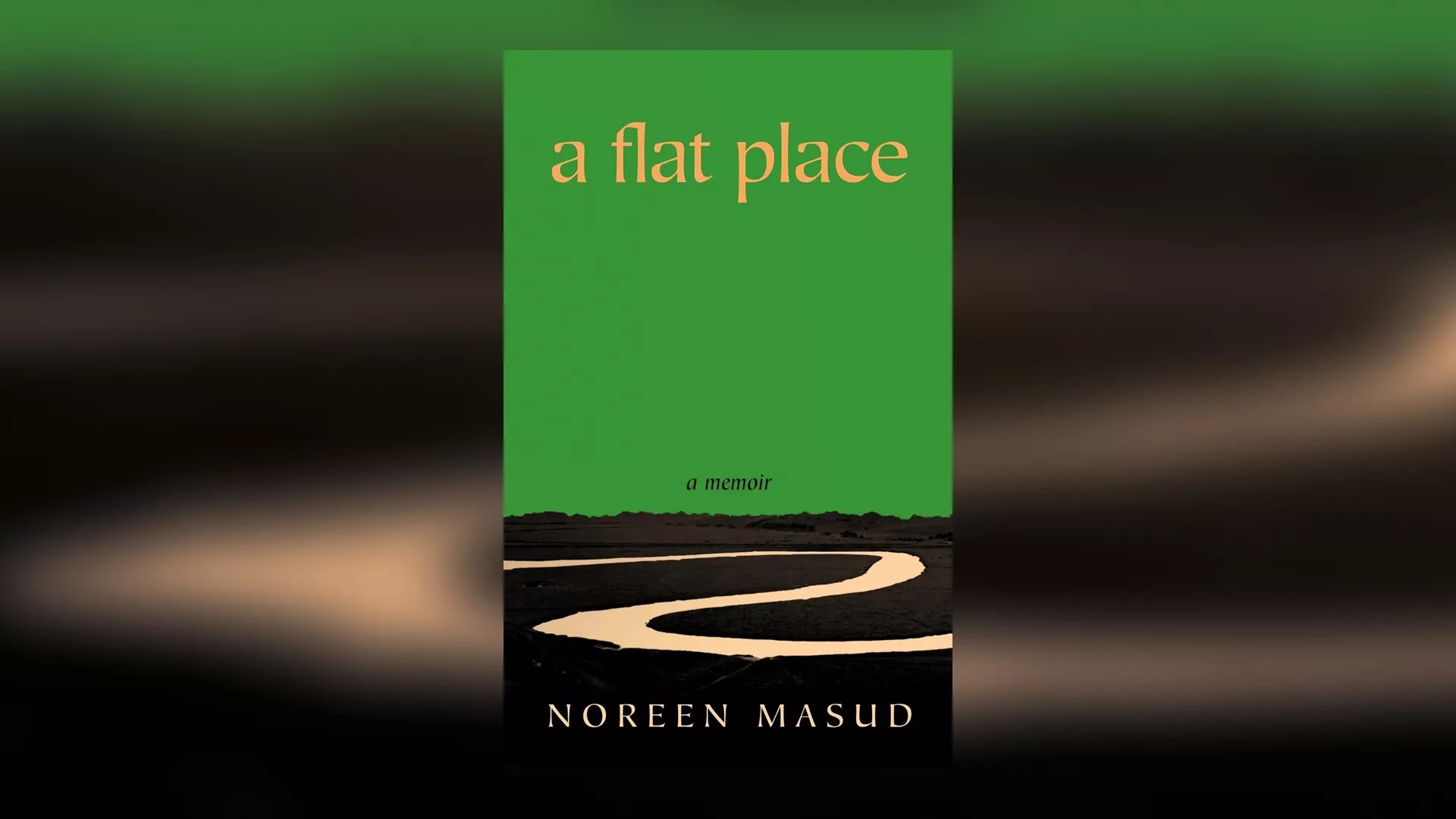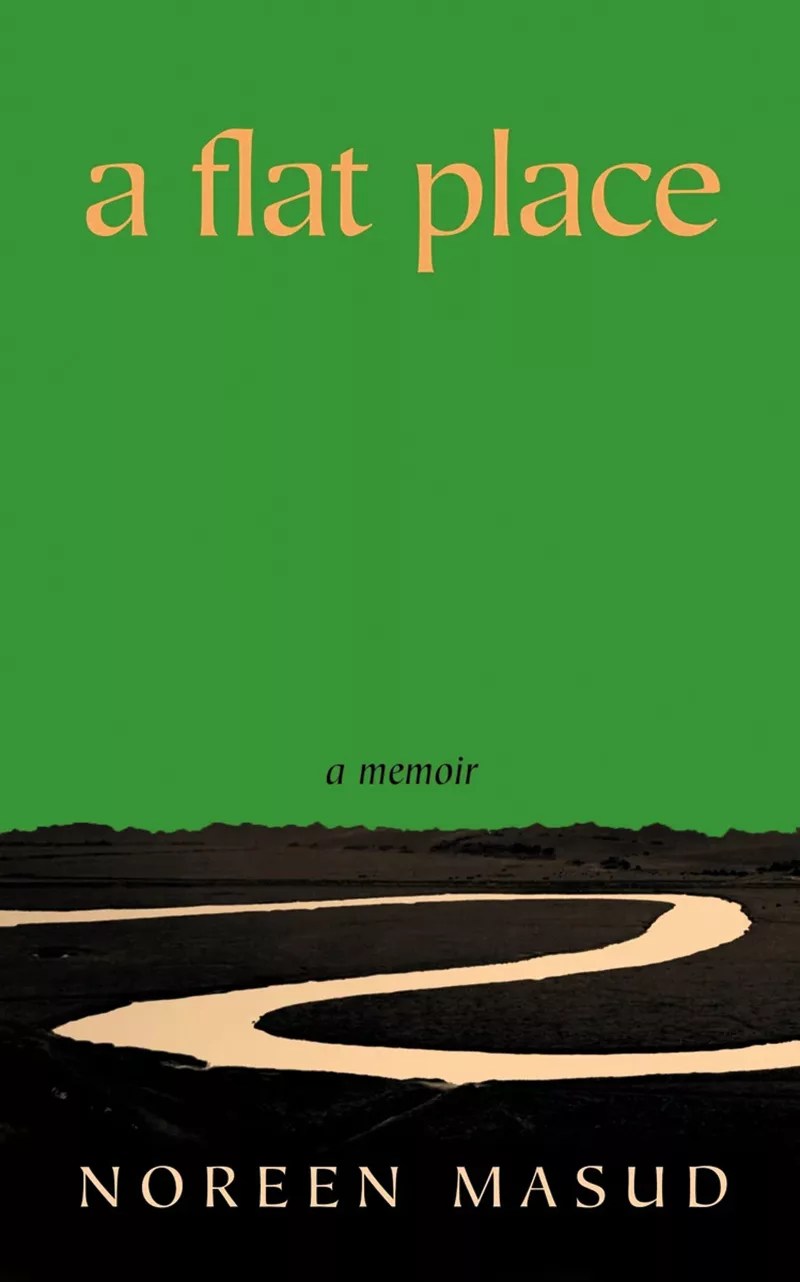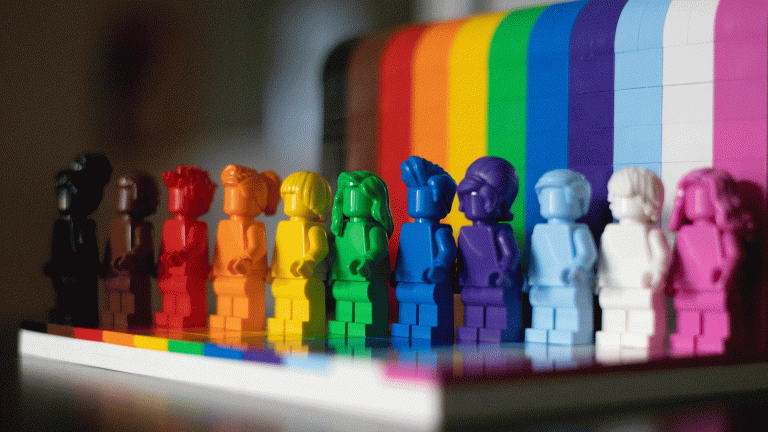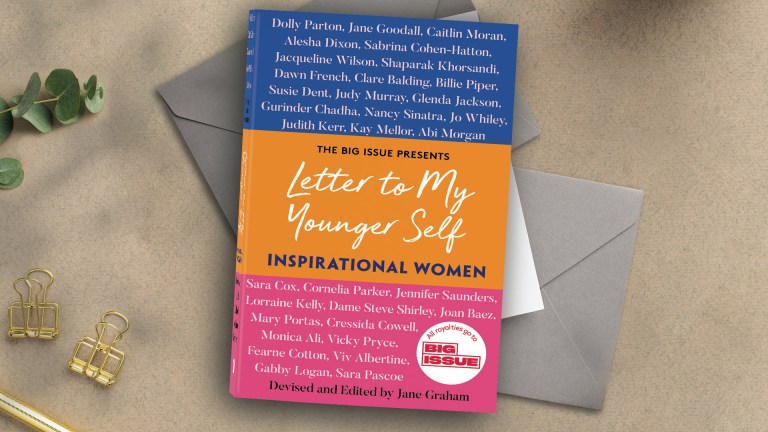In A Flat Place, Noreen Masud journeys to different flat landscapes in the UK that compel her. In terms of genre, this book might be called a nature memoir: each chapter engages intimately with the natural world, from the Fenlands to the Orkney Islands, and even the stillest, flattest, and quietest revelations are inextricably tied to the environment.
But equally, Masud pushes against determined traditions of nature writing. The expansive space of this memoir is an invitation to collapse boundaries and make room for experiences and bodies that are often erased from British history, and in doing so, Masud also voices the realities of this nation’s colonial violence. Alongside these various quests to find flat landscapes and beautifully articulate the ecosystems she encounters – her writing is terrifically precise and lyrical – Masud explores the often elided histories of said landscapes, her own pains and bodily sensations, the fractures, joys and limitations of her relationships and, like a current beneath it all, a reflection on the first 15 years of her life in Pakistan. It is there where, as a child, she first came to love flat landscapes.
- How nature recovers even after humans have done their worst
- Top 5 books about archaeology
- Voyager by Nona Fernandez review: Memory as an act of rebellion
For Masud, these landscapes are rife with metaphorical potential. Almost immediately, they come to represent her cPTSD – complex post-traumatic stress disorder – which is a significant thread in this book. Like flat landscapes, cPTSD doesn’t ‘offer a significant landmark, an event, that you could focus on and work with’; thus, it is an apt symbol for Masud’s experience of derealisation, when the world becomes ‘distant and two-dimensional’.
These landscapes intertwine with questions of belonging, a multifaceted exploration that reaches toward remembrances of Pakistan, “stuck in its own postcolonial drift”; Scottish heritage on her mother’s side; Britain’s inescapable whiteness; navigation of safe or unsafe spaces; and, crucially, questions of interpersonal connection. “What does it feel like?’ Masud asks her therapist, ‘To feel connected to another person… Where there’s room for both of us, and we’re both real?”
“Flat landscapes,” Masud recognises, “have always given me a way to love myself.” And throughout A Flat Place, readers are offered moments of reprieve and insight on how to love the flatlands.
A Flat Place by Noreen Masud is out now (Hamish Hamilton, £16.99). You can buy it from The Big Issue shop on Bookshop.org, which helps to support The Big Issue and independent bookshops.










